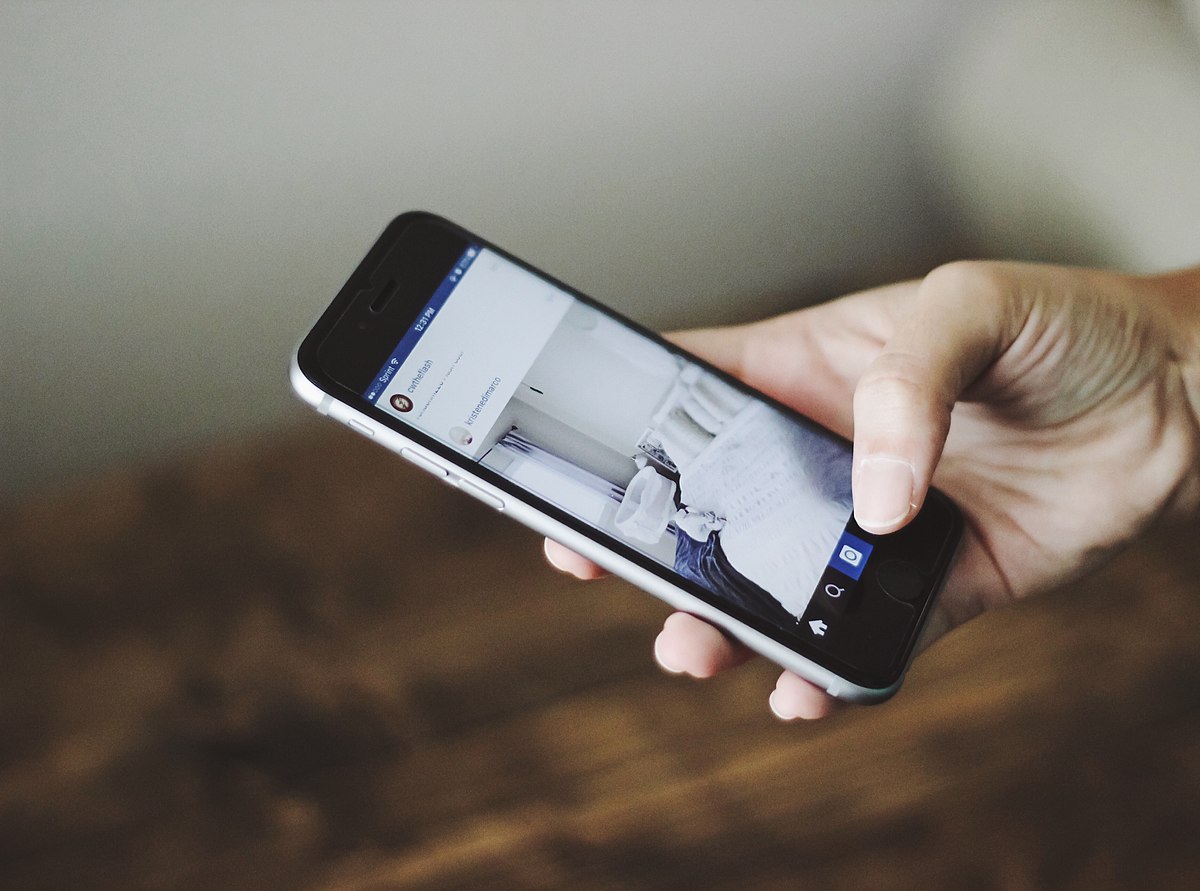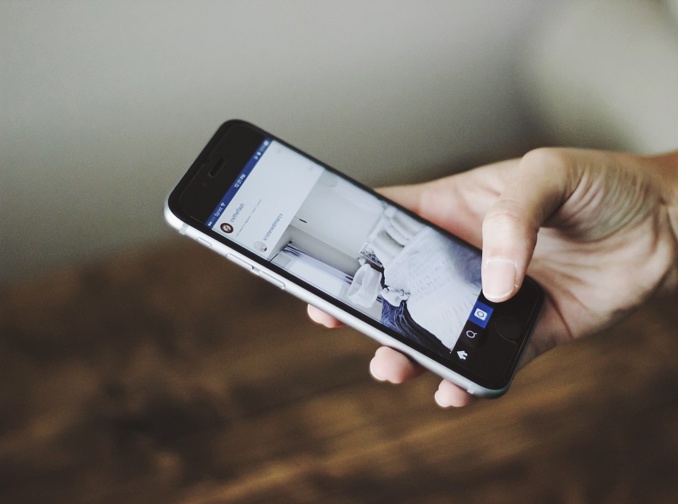1. Disable background notifications
Don’t you think sometimes your smartphone behaves like a capricious child, requiring constant attention? Its default mode is set to keep you alert. Disable unnecessary notifications and remove non-essential applications. It may be enough for you to access Facebook and Twitter from a laptop.
2. Ensure that you receive only vital notices
Ask yourself the main question: who can contact you in an emergency? Perhaps this is a school where your children study, family and a few close friends. You can set a special ringtone for everyone who is on this list. Then you definitely will not miss an important call. The phone should work like a good secretary, deciding whether to answer the call or just accept the message. "White" - a small but sacred - list of loved ones and a recognizable ringtone will allow you to be in touch with the dearest people and keep the rest of the world at arm's length.
3. Fight phantom vibration syndrome (PVS)
For those who hear about this for the first time, let us explain: PVS manifests itself in the fact that you feel vibration of the phone, even when it is not there. Well, let's say, PVS does not have an established medical abbreviation for now, but most of us have probably come across it. You may have noticed that you are taking the rumbling in your stomach as a signal to an incoming text message. We are so used to living in anticipation of a call or tweet that we begin to misinterpret what is happening.
This syndrome is extremely common among health care workers, since for them the missed pager signal is equivalent to the issue of someone's life or death. To get rid of this unnerving side effect of constant online presence, limit physical contact with the phone. If you are not a doctor and are not busy in any other area where every second is expensive, do not hold the phone on your body. Put it in your bag to create a barrier and “tip the balance with your phone.”
4. Learn to breathe
Technology consultant and writer Linda Stone even coined the term “email apnea”, meaning “temporary absence or holding of breath or shallow breathing when viewing email”. Surely this feeling is familiar to you: checking email or waiting until the page loads, we often hold our breath (not to mention that we pull our heads into our shoulders). This can be called an evolutionary alarm. So did the primitive hunter a thousand years ago, fearing that a tiger would follow, and therefore it was necessary to lay low. Thus, breath-holding is nothing but an “unconscious stressor.” Considering how many times a day we check our devices, the stress comes down on us. Put on the screen a splash screen with the word “Breathe”. This will help not to "turn off" when checking the smartphone.
Based on "Bored and Brilliant. How Spacing Out Can Unlock Your Most Productive and Creative Self" by Manoush Zomorodi
Don’t you think sometimes your smartphone behaves like a capricious child, requiring constant attention? Its default mode is set to keep you alert. Disable unnecessary notifications and remove non-essential applications. It may be enough for you to access Facebook and Twitter from a laptop.
2. Ensure that you receive only vital notices
Ask yourself the main question: who can contact you in an emergency? Perhaps this is a school where your children study, family and a few close friends. You can set a special ringtone for everyone who is on this list. Then you definitely will not miss an important call. The phone should work like a good secretary, deciding whether to answer the call or just accept the message. "White" - a small but sacred - list of loved ones and a recognizable ringtone will allow you to be in touch with the dearest people and keep the rest of the world at arm's length.
3. Fight phantom vibration syndrome (PVS)
For those who hear about this for the first time, let us explain: PVS manifests itself in the fact that you feel vibration of the phone, even when it is not there. Well, let's say, PVS does not have an established medical abbreviation for now, but most of us have probably come across it. You may have noticed that you are taking the rumbling in your stomach as a signal to an incoming text message. We are so used to living in anticipation of a call or tweet that we begin to misinterpret what is happening.
This syndrome is extremely common among health care workers, since for them the missed pager signal is equivalent to the issue of someone's life or death. To get rid of this unnerving side effect of constant online presence, limit physical contact with the phone. If you are not a doctor and are not busy in any other area where every second is expensive, do not hold the phone on your body. Put it in your bag to create a barrier and “tip the balance with your phone.”
4. Learn to breathe
Technology consultant and writer Linda Stone even coined the term “email apnea”, meaning “temporary absence or holding of breath or shallow breathing when viewing email”. Surely this feeling is familiar to you: checking email or waiting until the page loads, we often hold our breath (not to mention that we pull our heads into our shoulders). This can be called an evolutionary alarm. So did the primitive hunter a thousand years ago, fearing that a tiger would follow, and therefore it was necessary to lay low. Thus, breath-holding is nothing but an “unconscious stressor.” Considering how many times a day we check our devices, the stress comes down on us. Put on the screen a splash screen with the word “Breathe”. This will help not to "turn off" when checking the smartphone.
Based on "Bored and Brilliant. How Spacing Out Can Unlock Your Most Productive and Creative Self" by Manoush Zomorodi



















